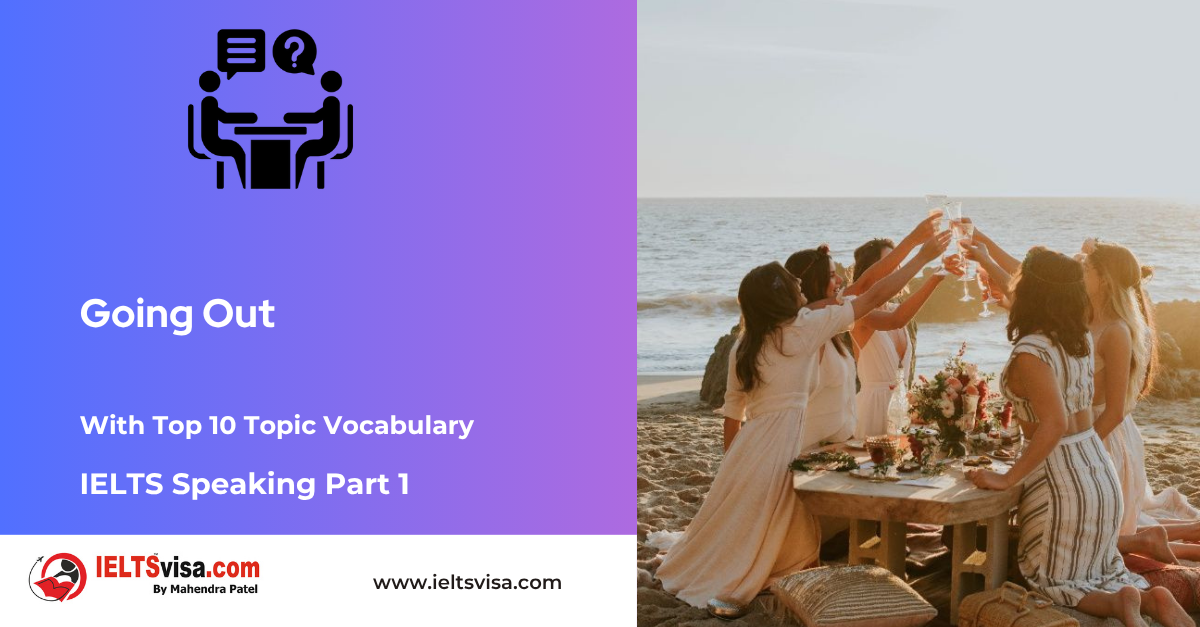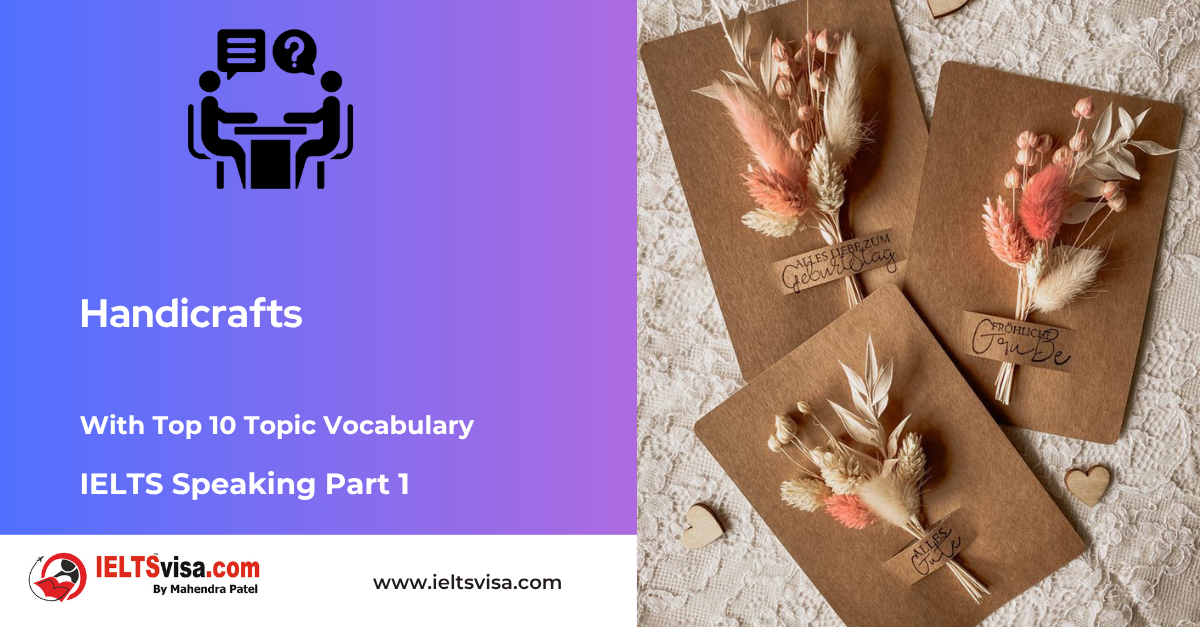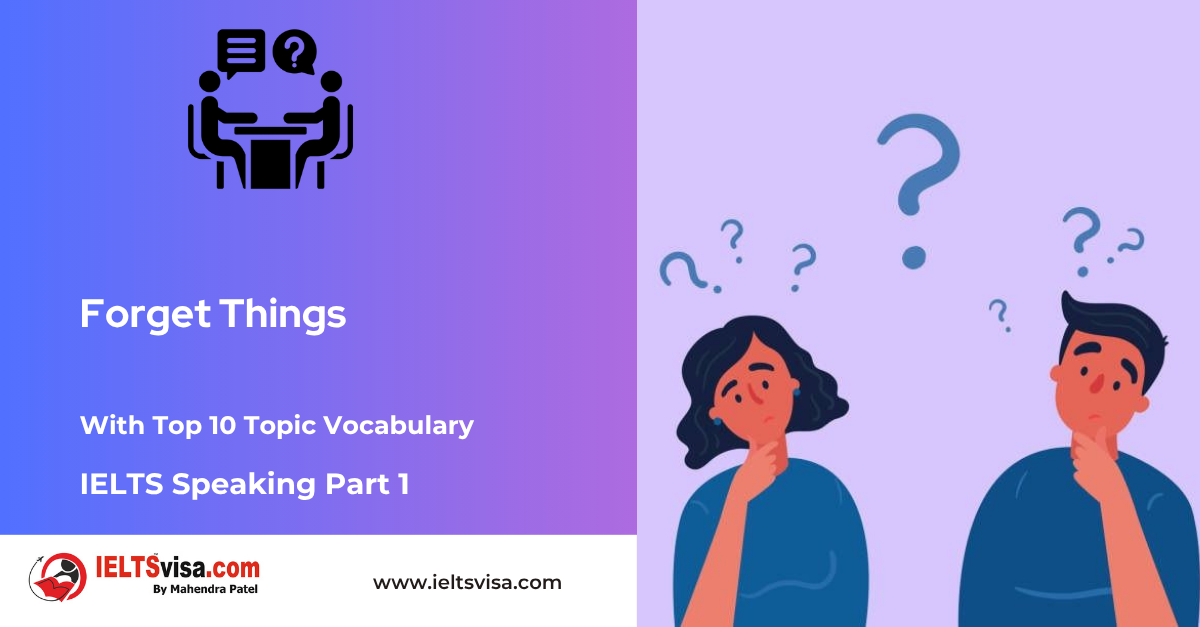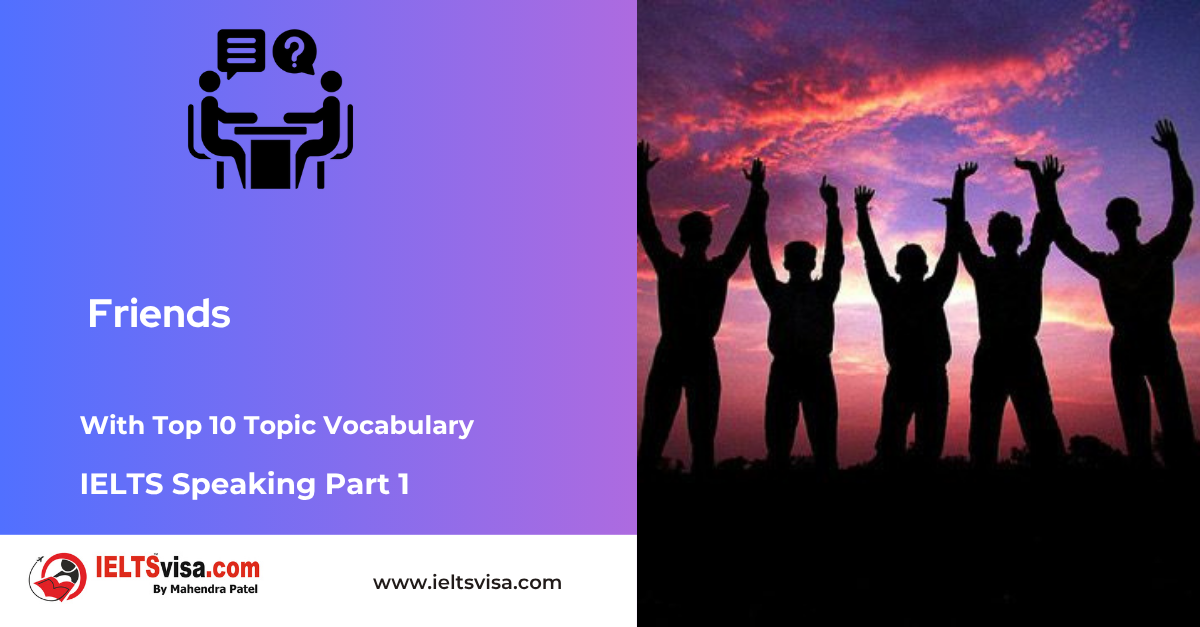IELTS Speaking Part 1 – Advertisement
IELTS Speaking Practice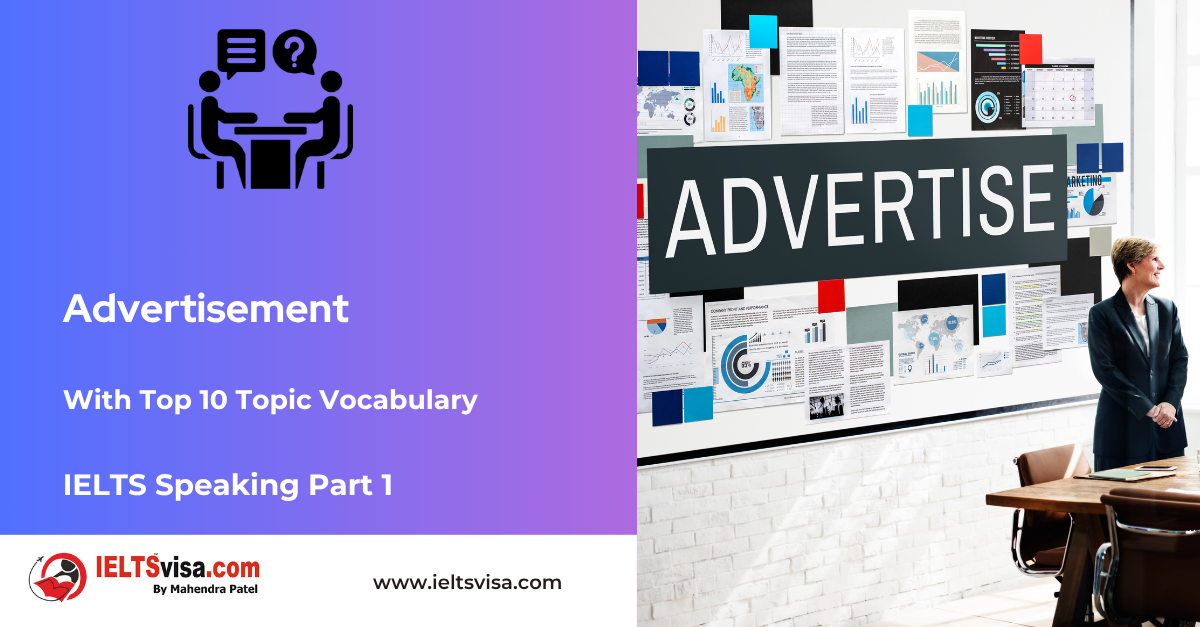
IELTS Speaking Part 1 – Advertisement
Examiner: Do you like advertisements?
Candidate: It depends on the advertisement. Some are creative and entertaining, which I enjoy, while others can be annoying or intrusive.
Examiner: What types of advertisements do you like?
Candidate: I like advertisements that are clever, humorous, and have a strong, positive message. I also appreciate ads that are visually appealing and well-designed.
Examiner: Do you think advertisements influence people’s buying decisions?
Candidate: Yes, advertisements can have a significant influence on people’s buying decisions. A well-crafted ad can create a strong desire for a product and persuade people to purchase it.
Examiner: Are there any advertisements that you find particularly memorable?
Candidate: Yes, some advertisements stick with me because of their creativity, emotional appeal, or catchy slogans. For example, some Super Bowl commercials are particularly memorable for their high production values and humour.
Examiner:Do you prefer advertisements on TV or online?
Candidate: I prefer online advertisements because they are often more targeted to my interests. However, TV advertisements can be more entertaining due to their higher production quality.
Examiner: Have you ever bought something because of an advertisement?
Candidate: Yes, I have bought products based on advertisements. Sometimes, a good ad can highlight features or benefits of a product that I wasn’t aware of before.
Examiner: What do you think about online advertisements?
Candidate:Online advertisements can be effective but sometimes intrusive. I appreciate targeted ads that are relevant to my interests, but I find pop-up ads and excessive banners annoying.
Examiner: Do you think children are affected by advertisements?
Candidate: Yes, children are quite impressionable and can be significantly influenced by advertisements, especially those for toys, snacks, and fast food.
Examiner:Do you like advertisements with celebrities?
Candidate:Advertisements with celebrities can be appealing because they add a sense of glamour and credibility to the product. However, they don’t always convince me to buy something.
Examiner: Do you think there are too many advertisements nowadays?
Candidate: Yes, we are often bombarded with advertisements in our daily lives, from social media and websites to TV and public transport. It can sometimes feel overwhelming.
Examiner: How do you feel about advertisements on social media?
Candidate:Advertisements on social media can be effective if they are well-targeted and relevant. However, they can also be annoying if they disrupt the user experience.
Examiner: Do you think advertisements should be regulated more strictly?
Candidate: Yes, there should be stricter regulations to ensure advertisements are truthful, non-deceptive, and appropriate for all audiences, especially children.
Examiner: What kind of advertisements do you find annoying?
Candidate: I find repetitive, loud, or overly intrusive advertisements annoying, especially those that pop up unexpectedly or auto-play videos.
Examiner: How do you think advertisements will change in the future?
Candidate: In the future, advertisements will likely become even more personalized and integrated into our daily lives, leveraging advanced technology like artificial intelligence and augmented reality.
Examiner: Do you think advertisements play a positive role in society?
Candidate: Advertisements can play a positive role by informing consumers about new products and services, supporting free media, and driving economic growth. However, they need to be responsible and ethical.
Examiner: Have you ever found an advertisement misleading?
Candidate: Yes, I have come across misleading advertisements that exaggerate the benefits of a product or hide important information. These can be frustrating and erode trust in brands.
Examiner: Do you watch advertisements during TV shows or skip them?
Candidate: I usually skip advertisements during TV shows if I can. I prefer to watch content uninterrupted and often use a DVR or streaming service to avoid ads.
Examiner: What impact do you think advertisements have on consumer behaviour?
Candidate:Advertisements can significantly impact consumer behaviour by shaping perceptions, creating desire, and encouraging purchases. They can also influence brand loyalty and awareness.
Examiner: Do you enjoy watching advertisements during major events, like the Super Bowl?
Candidate: Yes, I enjoy watching advertisements during significant events like the Super Bowl because they are often high-quality, creative, and entertaining, almost like mini-movies.
Examiner: What is the most creative advertisement you have seen?
Candidate: One of the most creative advertisements I’ve seen was a Nike ad that used innovative storytelling and stunning visuals to convey its message. It was inspiring and memorable.
Top 10 Topic Vocabulary for “Advertisement”
|
Vocabulary |
Type |
Meaning |
Synonyms |
Antonyms |
Word Family |
Example Sentences |
|
Intrusive |
Adjective |
Causing disturbance or annoyance |
obtrusive, invasive, interfering |
unobtrusive, discreet, tactful |
intrusiveness |
Pop-up ads can be intrusive and annoying. |
|
Memorable |
Adjective |
Easy to remember |
unforgettable, unforgettable, remarkable |
forgettable, commonplace, ordinary |
memorably |
Some advertisements are particularly memorable due to their creativity. |
|
Persuade |
Verb |
Convince someone to do something |
convince, convince, coax |
dissuade, discourage, deter |
persuasive |
Advertisements can persuade people to buy products. |
|
Catchy |
Adjective |
Easily remembered and attractive |
memorable, memorable, appealing |
forgettable, unmemorable, uninteresting |
catchiness |
The advertisement had a catchy slogan. |
|
Targeted |
Adjective |
Directed towards a specific group of people |
focused, specific, aimed |
untargeted, indiscriminate, general |
targeting |
Online advertisements can be targeted to specific interests. |
|
Impressionable |
Adjective |
Easily influenced or persuaded |
susceptible, impressionable, receptive |
resistant, impervious, immune |
impressionability |
Children are impressionable and can be easily influenced by advertisements. |
|
Glamour |
Noun |
The attractiveness or charm of something |
allure, appeal, fascination |
glamorous |
Celebrities can add glamour to advertisements. |
|
|
Overwhelmed |
Adjective |
Having too much of something to deal with |
inundated, bombarded, flooded |
overwhelming |
People are often overwhelmed by the number of advertisements they see. |
|
|
Deceptive |
Adjective |
Giving a false impression |
misleading, deceptive, deceitful |
truthful, honest, sincere |
deception |
Misleading advertisements can be deceptive. |
|
DVR |
Noun |
Digital video recorder |
PVR, digital recorder, video recorder |
I use a DVR to skip advertisements. |

Our Books
Master IELTS Speaking Part 1
IELTS Writing Task 1 Book
IELTS Writing Task 2 Book
Practice IELTS Other Modules
IELTS Listening
The IELTS Listening test assesses how well you can understand spoken English in various contexts. It lasts about 30 minutes and is divided into four sections with a total of 40 questions. The listening tasks become increasingly difficult as the test progresses.
IELTS Academic Reading
The IELTS Academic Reading section assesses your ability to understand and interpret a variety of texts in academic settings. It is designed to evaluate a range of reading skills, including skimming for gist, reading for main ideas, reading for detail, understanding inferences, and recognizing a writer's opinions and arguments.
IELTS Speaking
The IELTS Speaking test assesses your ability to communicate in English on everyday topics. It lasts 11-14 minutes and consists of three parts: introduction, cue card, and a discussion based on the cue card topic.
IELTS General Reading
IELTS General Reading tests your ability to understand and interpret various types of texts. Here are some key areas and types of content you can expect to encounter in the reading section, along with tips for effective preparation.
IELTS Academic Writing Task 1
In IELTS Academic Writing Task 1, you are presented with a visual representation of information, such as graphs, charts, tables, or diagrams, and you are required to summarize, compare, or explain the data in your own words.
IELTS General Writing Task 1
In IELTS General Writing Task 1, you are required to write a letter based on a given situation. The letter can be formal, semi-formal, or informal, depending on the prompt. Here’s a breakdown of the key components to include in your letter
IELTS Academic Writing Task 2
In IELTS Academic Writing Task 2, you are required to write an essay in response to a question or topic. Here’s a guide to help you understand the essential elements of this task
IELTS Exam Tips
To succeed in the IELTS exam, practice regularly, familiarize yourself with the test format, improve your vocabulary, develop time management skills, and take mock tests to build confidence.
Grammer for IELTS
Grammar is the foundation of effective communication in English. Understanding tense usage, subject-verb agreement, and sentence structure enhances clarity and coherence in writing and speaking.
Vocabulary for IELTS
Vocabulary plays a crucial role in the IELTS (International English Language Testing System) exam, especially in the Speaking and Writing sections. Here’s an overview of why vocabulary is important and how it impacts your performance
RECENT IELTS SAMPLES QUESTIONS AND ANSWERS
IELTS Speaking Part 1 – Going Out
IELTS Speaking Part 1 - Going Out Examiner: Do you enjoy going out?Candidate: I definitely enjoy going out!...
IELTS Speaking Part 1 – Handicrafts
IELTS Speaking Part 1 - Handicrafts Examiner: Do you appreciate handicrafts?Candidate: Absolutely! I find...
IELTS Speaking Part 1 – Forget Things
IELTS Speaking Part 1 - Forget Things Examiner: Do you often forget things? Candidate: Sometimes, I forget...
IELTS Speaking Part 1 – Favourite Subject – History
IELTS Speaking Part 1 - Favourite Subject - History Examiner: What is your favourite subject?Candidate: My...
IELTS Speaking Part 1 – Friends
IELTS Speaking Part 1 - Friends Examiner: Do you have many friends?Candidate: I have a good number of friends....
IELTS Speaking Part 1 – Gifts
IELTS Speaking Part 1 - Gifts Examiner: Do you like giving gifts?Candidate: I enjoy giving gifts because seeing...

